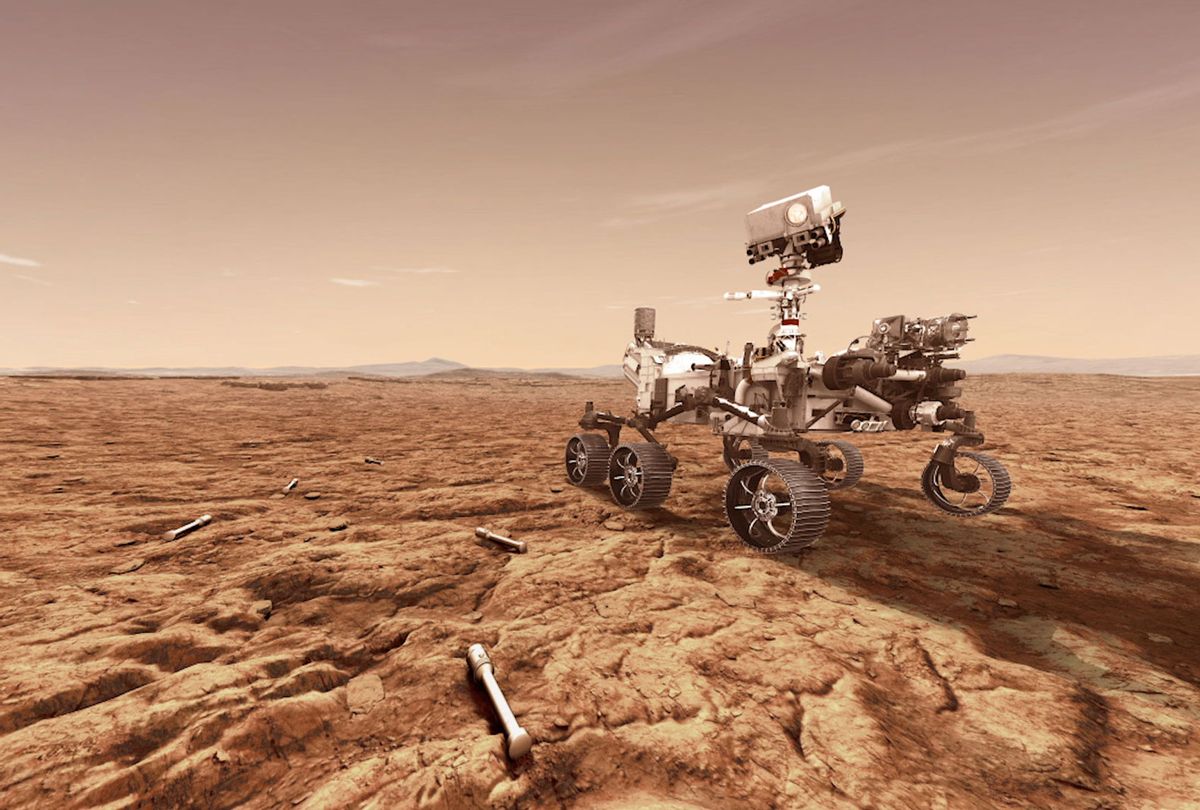A recent study published in the scientific journal Nature reveals the existence of organic compounds on Mars. The good news is this could indicate the existence of life — the bad news is that there are other possible explanations.
Organic compounds are molecules formed from carbon, although they often include other life-associated elements like phosphorus, oxygen, sulfur, hydrogen and nitrogen. Scientists found these compounds after analyzing data acquired by the Perseverance rover after landing in Mars' Jezero crater in February 2021. The researchers found organic molecules in the Máaz and Séítah formations within the Crater Floor sequences of the crater. The news is significant because it suggests that organic compounds, which are building blocks for life, could exist on the Martian surface, despite the harsh conditions on the Red Planet.
"Our findings suggest there may be a diversity of aromatic molecules prevalent on the Martian surface, and these materials persist despite exposure to surface conditions," the study explains. At the same time, the scientists are cautioning the public from prematurely celebrating, as there are plausible explanations for these compounds existing that are much more mundane. "As planetary scientists and astrobiologists, we are very careful with laying out claims — claiming that life is the source of organics or possible biosignatures is a last-resort hypothesis, meaning we would need to rule out any non-biological source of origin," Sunanda Sharma, a planetary scientist at the California Institute of Technology in Pasadena, told Space.com.



Shares